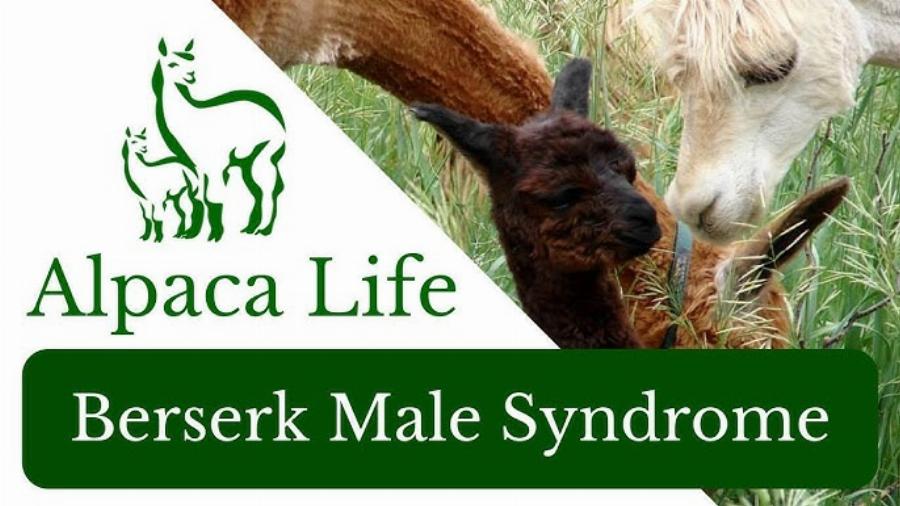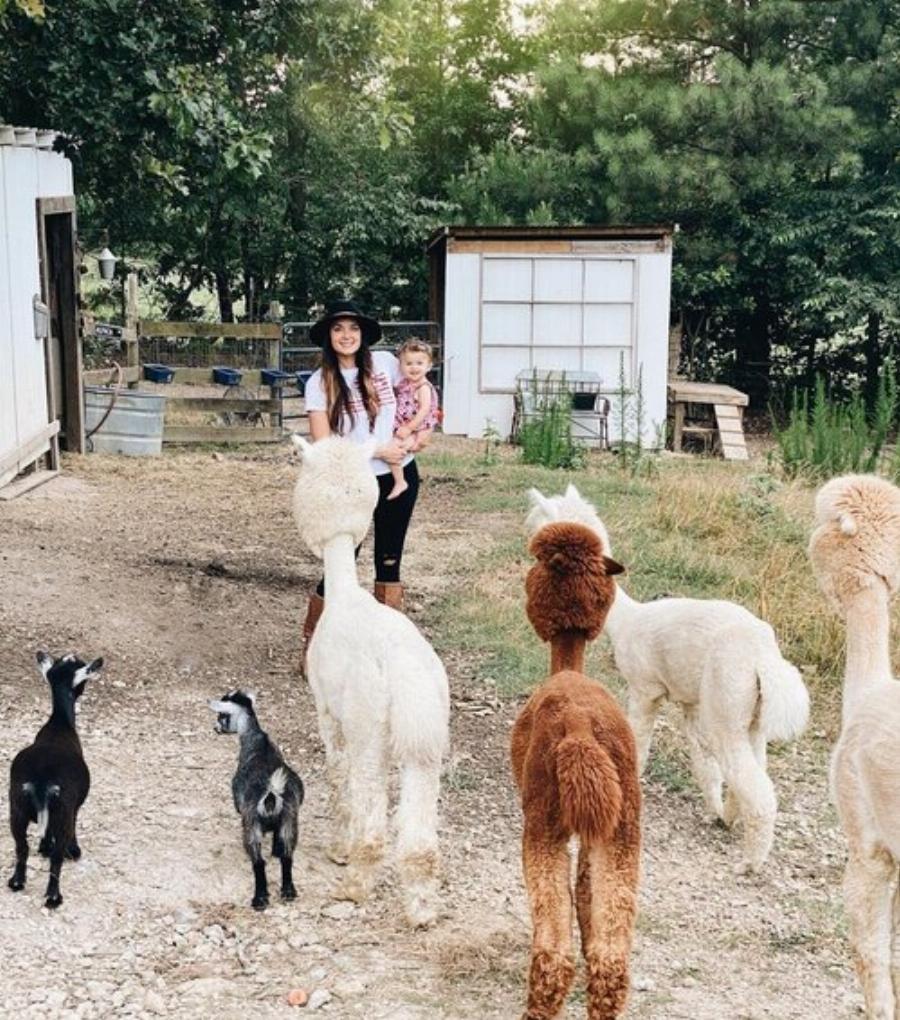Can alpacas eat corn? It’s a question many alpaca owners and enthusiasts ponder. While these charming creatures are known for their gentle nature and luxurious fleece, their dietary needs are sometimes misunderstood. So, let’s dive into the fascinating world of alpaca nutrition and explore the role of corn in their diet.
Origin and Significance of Alpacas
Alpacas, native to the Andes Mountains of South America, have been domesticated for thousands of years. Initially bred for their incredibly soft and warm fleece, they have become increasingly popular worldwide, both as livestock and beloved companions. Their significance in Andean cultures is profound, representing a vital source of income and a symbol of cultural heritage. These animals have adapted to harsh, high-altitude environments, shaping their dietary requirements. But how does this relate to corn?
Types of Alpacas and Their Characteristics
Two main types of alpacas exist: the Huacaya and the Suri. Huacayas are the more common type, sporting a fluffy, teddy bear-like fleece. Suris, on the other hand, have long, silky fiber that hangs in elegant locks. Despite their different appearances, both types share similar dietary needs. So, whether you’re caring for a fluffy Huacaya or a sleek Suri, understanding what they can eat, like corn, is essential.
 Alpaca Breeds: Huacaya and Suri
Alpaca Breeds: Huacaya and Suri
Alpaca Care and Husbandry: Can Alpacas Eat Corn as Part of Their Diet?
Providing proper care for alpacas goes beyond just providing shelter and affection. A crucial aspect of their well-being is their diet. Primarily grazing animals, alpacas thrive on a diet of grass and hay. But can alpacas eat corn? While corn isn’t toxic to alpacas, it shouldn’t be a staple in their diet. It’s high in starch and sugar, which can lead to digestive upset and other health issues if consumed in large quantities. Think of it like giving a child too much candy – a little treat is okay, but too much can cause problems.
What Do Alpacas Eat?
Alpacas primarily graze on pasture grasses and hay. Their digestive systems are highly efficient at extracting nutrients from these fibrous foods. Providing high-quality hay is particularly important during winter months or when pasture is scarce.
How Much Should Alpacas Eat?
A healthy alpaca will typically consume about 1.5-2% of its body weight in dry matter per day. This can be adjusted based on the alpaca’s age, activity level, and overall health. Monitoring their weight and body condition is essential to ensure they are receiving adequate nutrition.
 Alpaca Enjoying Hay
Alpaca Enjoying Hay
The Alpaca Industry and Its Products
Beyond their endearing qualities, alpacas are valued for their luxurious fleece. Alpaca fiber is known for its softness, warmth, and hypoallergenic properties. From cozy sweaters and scarves to durable rugs and blankets, the range of alpaca products is vast and ever-growing. This thriving industry highlights the economic and cultural importance of these remarkable animals.
Interesting Facts and Myths about Alpacas
Alpacas are fascinating creatures, often shrouded in myths and misconceptions. One common myth is that they are aggressive. In reality, alpacas are generally gentle and social animals, often displaying playful curiosity. Another misconception is that all alpaca fiber is the same. In fact, the quality and characteristics of alpaca fiber vary depending on factors like breed, age, and even the individual animal.
Are Alpacas Related to Llamas?
Yes, alpacas and llamas are closely related, both belonging to the camelid family. However, they have distinct characteristics. Alpacas are generally smaller than llamas and have a finer, softer fleece.
Why Do Alpacas Spit?
Spitting is a natural behavior for alpacas, often used as a form of communication or defense. They might spit at each other to establish dominance or at humans if they feel threatened.
How Long Do Alpacas Live?
Alpacas can live for up to 20 years, making them a long-term commitment for owners. Providing proper care, including a balanced diet and regular veterinary check-ups, is crucial for their longevity.
FAQs about Alpacas and Corn
Can alpacas eat corn on the cob? While small amounts of corn kernels are okay, the cob itself poses a choking hazard and should be avoided.
Is corn good for alpacas? Corn offers minimal nutritional value for alpacas and can cause digestive issues if overfed. Stick to their natural diet of hay and grass.
What treats can alpacas eat? Safe treats for alpacas include carrots, apples (without seeds), and bananas in moderation. Always introduce new foods gradually.
What should alpacas not eat? Avoid feeding alpacas avocados, chocolate, onions, garlic, and processed foods, as these can be toxic or harmful to their health.
How can I tell if my alpaca is healthy? Signs of a healthy alpaca include bright eyes, a soft, shiny coat, regular bowel movements, and an active, alert demeanor.
 Healthy Alpaca Grazing
Healthy Alpaca Grazing
Conclusion
So, can alpacas eat corn? While a small amount won’t harm them, it’s best to avoid it as a regular part of their diet. Focusing on providing high-quality hay, fresh pasture, and occasional healthy treats will ensure your alpacas thrive. These amazing animals bring joy and valuable resources to our lives, and understanding their needs is key to their well-being. Share this newfound knowledge with fellow alpaca enthusiasts and continue exploring the wonderful world of these gentle giants. Let’s continue learning about these captivating creatures and ensuring their continued health and happiness!